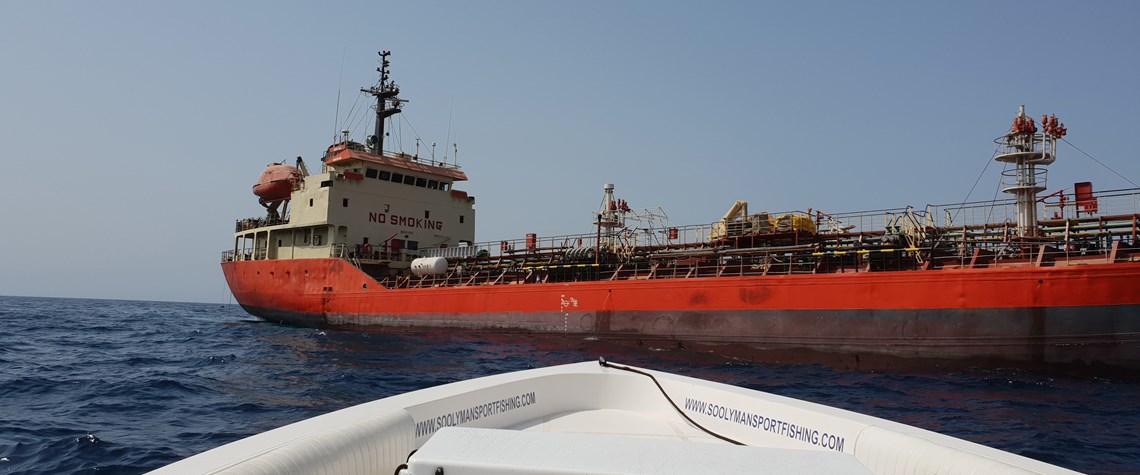Iran plays naval cat-and-mouse game in the Gulf
Western military protection for its tankers is expanding, but unconventional tactics remain a threat
The arrival of a second British warship in the Gulf on 28 July means London has the resources to escort UK-flagged vessels through the Strait of Hormuz. But this support will be small comfort to tanker captains, or the industry that depends on them. State-of-the-art destroyer HMS Duncan and the already Gulf-based frigate HMS Montrose have the firepower, if backed by planes from the US 5th Fleet, to counter Iran's ageing collection of conventional bombers, frigates and submarines. But Iran has several unconventional means of causing havoc if it chooses. Limpet mines, placed by frogmen or delivered by fast boats, have already struck six tankers in the Gulf of Oman, triggering a blame-game abou

Also in this section
17 February 2026
The 25th WPC Energy Congress, taking place in Riyadh, Saudi Arabia from 26–30 April 2026, will bring together leaders from the political, industrial, financial and technology sectors under the unifying theme “Pathways to an Energy Future for All”
17 February 2026
Siemens Energy has been active in the Kingdom for nearly a century, evolving over that time from a project-based foreign supplier to a locally operating multi-national company with its own domestic supply chain and workforce
17 February 2026
Eni’s chief operating officer for global natural resources, Guido Brusco, takes stock of the company’s key achievements over the past year, and what differentiates its strategy from those of its peers in the LNG sector and beyond
16 February 2026
As the third wave of global LNG arrives, Wood Mackenzie’s director for Europe gas and LNG, Tom Marzec-Manser, discusses with Petroleum Economist the outlook for Europe’s gas market in 2026







